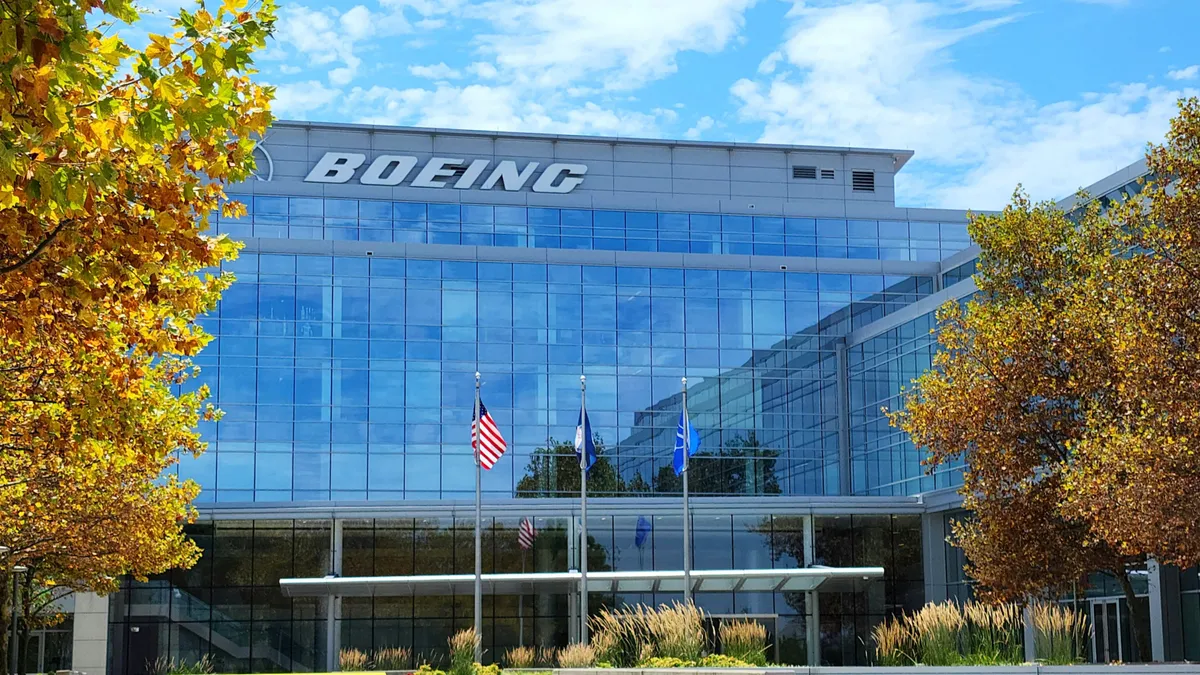Smart manufacturing is reshaping the industry. Driven by advanced hardware, automation, and AI, it boosts efficiency, productivity, and customization in an unprecedented way.
Despite these advancements, there is hesitation about the potential impact on human jobs. Many argue that automation, AI, and smart manufacturing processes could threaten job security in a workforce-dependent industry.
With nearly 160 years in materials science, Milliken & Company is deeply embedded in industrial manufacturing. Manufacturing lines around the globe bring our portfolio of more than 11,000 innovations to life across four key business segments—textiles, specialty chemicals, flooring, and healthcare. Lasting more than a century requires adapting to significant change, and the smart manufacturing revolution is no exception. Each era provides us a chance to reassess and strengthen our company's core values.
The National Institute of Standards and Technology (NIST) defines smart manufacturing as “fully integrated, collaborative manufacturing systems that respond in real time to meet changing demands and conditions in the factory, in the supply network, and in customer needs.” Smart manufacturing, at its core, integrates data-driven insights and automation to enhance efficiency and productivity across the board. Leveraging these tools and processes do hold exponential opportunities for manufacturers; yet it’s also confirmed much for us in the process.
The key takeaway? People remain essential in manufacturing.
The benefits we’ve seen from smart manufacturing initiatives have reinforced our belief that people are, and will continue to be, critical in the manufacturing setting. Using smart manufacturing, our production teams have harnessed operational gains and, in the process, cemented new avenues to advance our people.
1. Elevated product quality: In our Textile Business, we’ve deployed enhanced digital camera technology paired with machine learning to improve our fabric inspection practices. We used to rely on 100%-human visual inspections—a monotonous task for operators and inherently rife with human error. By incorporating this new technology, we’ve lowered the need for manual inspection, allowing us to redeploy labor to other activities.
What does this mean for our people?
Enhancing our inspection process has increased manufacturing speeds by 50% and improved quality by 55%, but the change has allowed our production associates to upskill or reskill their roles. Associates are spending less time on manual, repetitive work and refocusing on more substantive and career-driving outputs.
2. Enhanced efficiency. Manufacturing our innovations across a global footprint creates multiple chances to skew outputs. From regional supply chain impacts to site-specific mechanical challenges, our production lines benefit from real-time data to increase manufacturing agility. Our Flooring Business is utilizing data historians and new data visualization tools to collect data from machine and non-machine sources to understand external impacts on product quality, while our Healthcare Business is developing automated processes and resource flows to improve efficiency and flexibility. These adjustments help identify machine issues and enhance our root cause analysis to bolster manufacturing efficiency.
What does this mean for our people?
Driving efficiency creates additional value for our people. With operational efficiencies, Milliken production associates have more time and resources to expand organizational programming, develop and test new process improvement plans, and invest in our hometown communities—while minimizing errors, reducing waste, and streamlining resource and cost consumption.
3. Heightened Flexibility. Milliken’s use of smart manufacturing helps foster agility in our operations and product offerings. Our Chemical Business harnesses smart manufacturing principles to support broader product applications. With an ability to configure solutions to suit customer requirements, Milliken associates can offer tailored chemical solutions without compromising the highly technical nature of the application’s performance. These smart tools also help the business respond to evolving market trends and customer requirements.
What does this mean for people?
Achieving approved agility in line production paves the way for our teams to engage in various custom and creative pursuits—from researching new products and applications to troubleshooting existing challenges. It also allows our production teams to invest in their own career pursuits and develop technical skills in the process.
Smart manufacturing offers opportunities that will shape the future for decades. Yet, like all major advancements, these tools are only as effective as those who use them. And we firmly believe our people make a world of difference.










